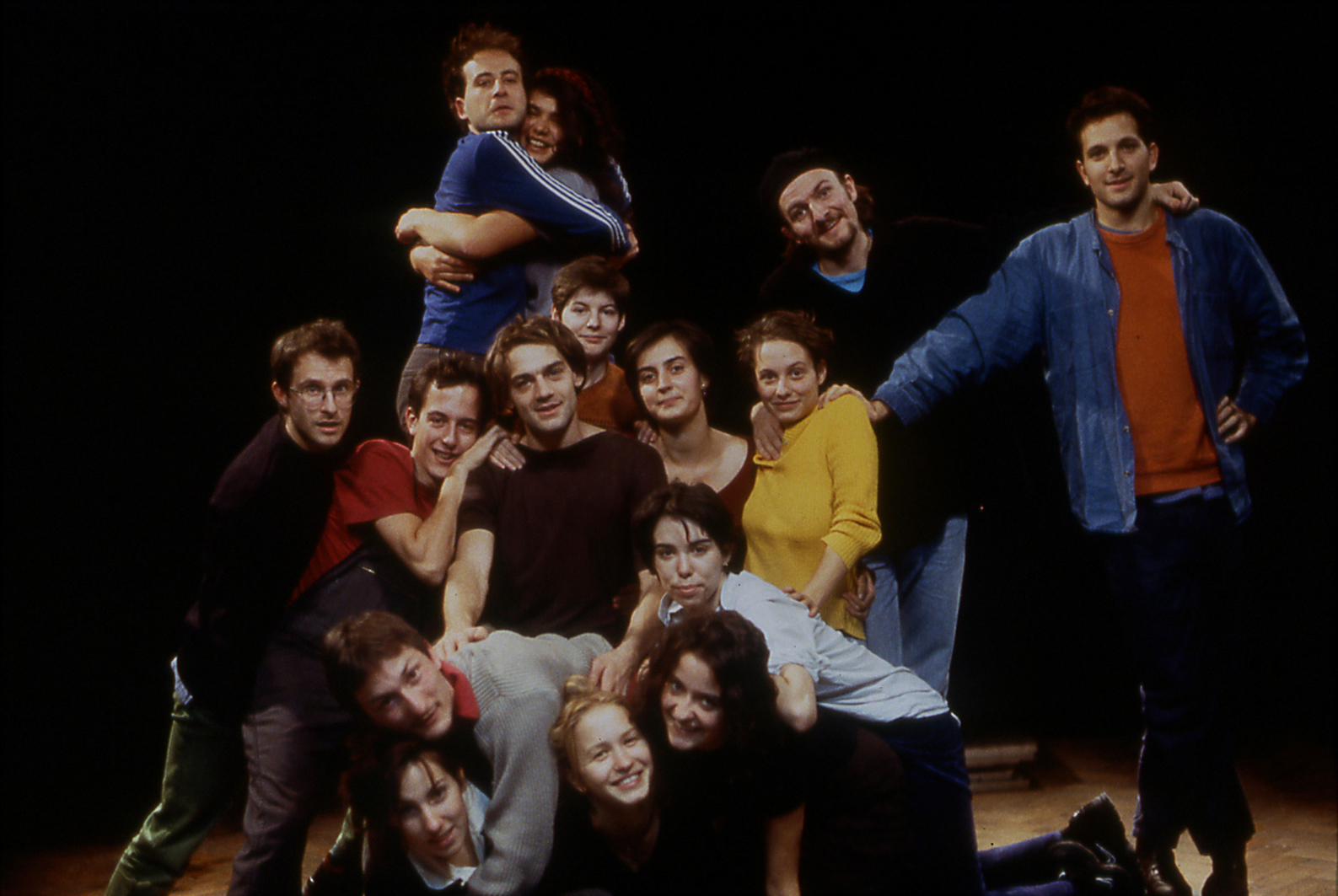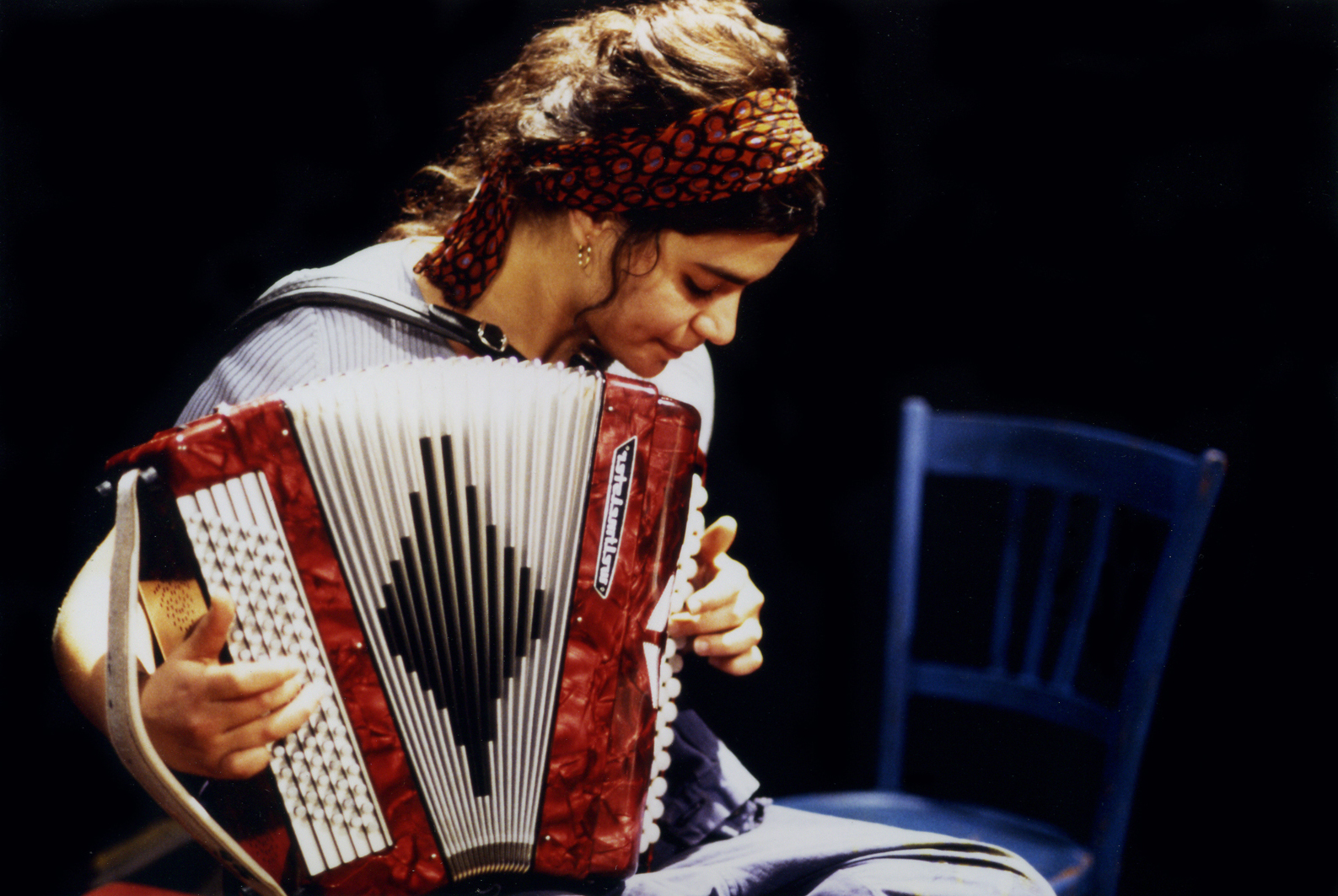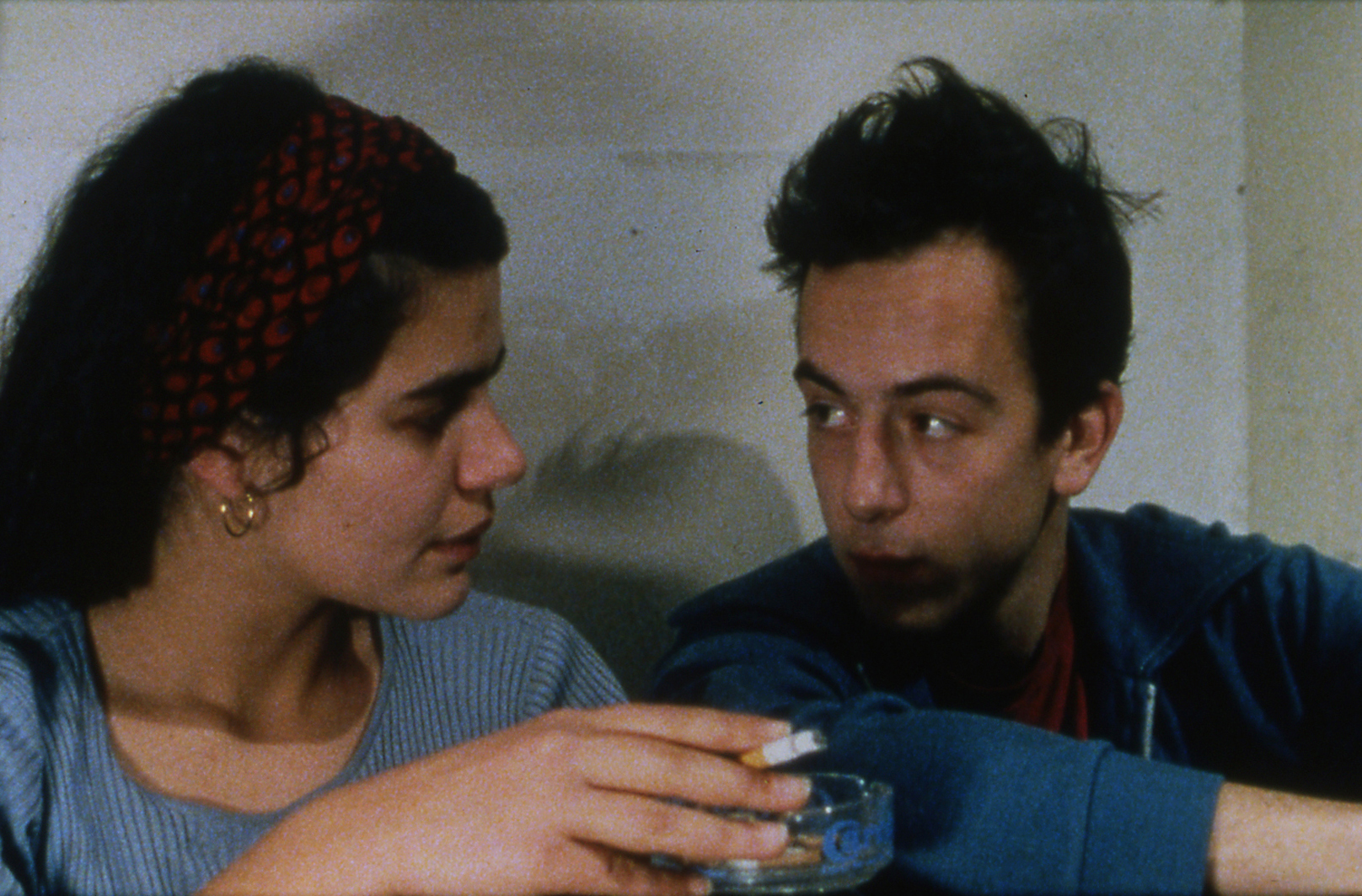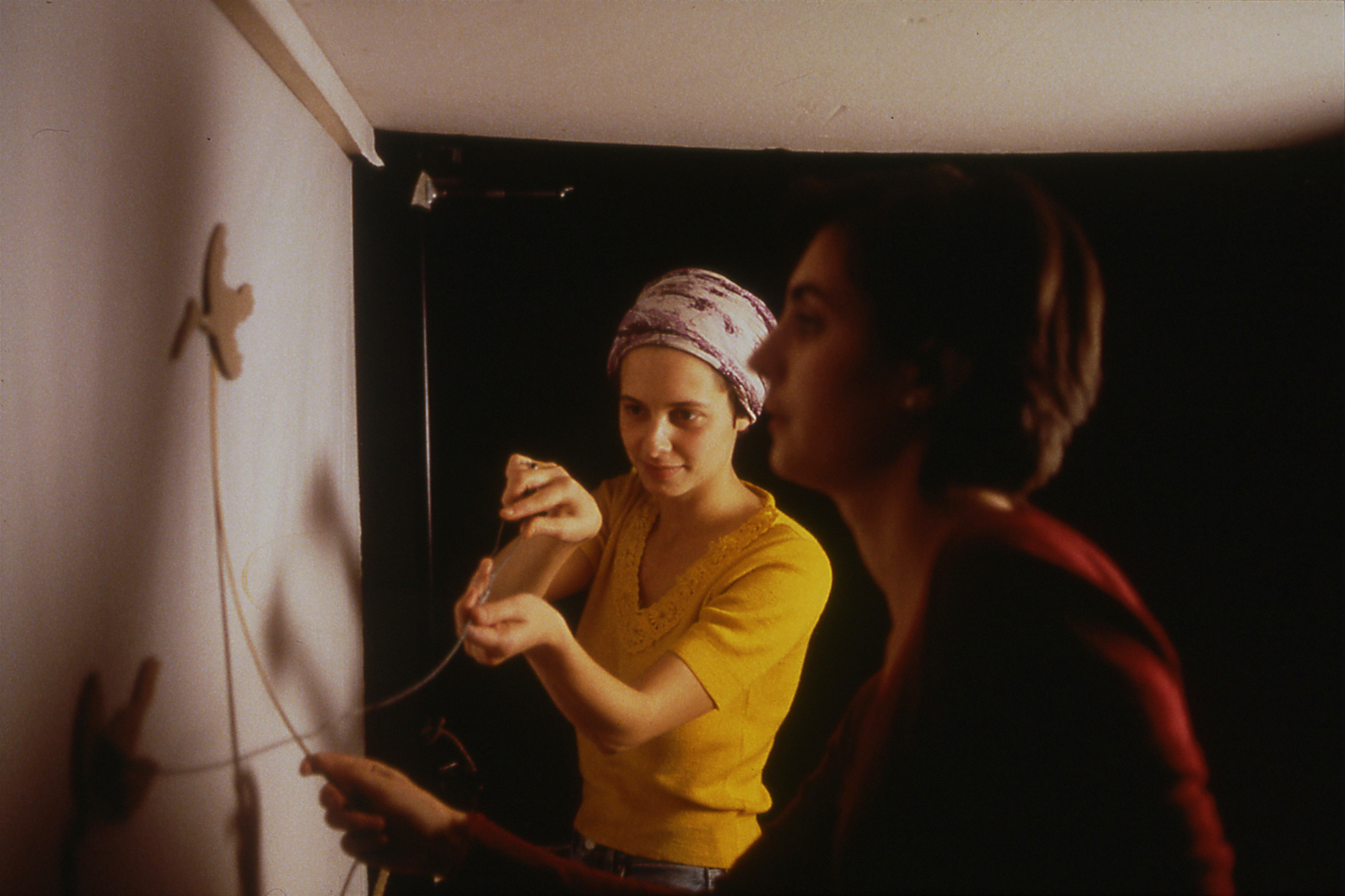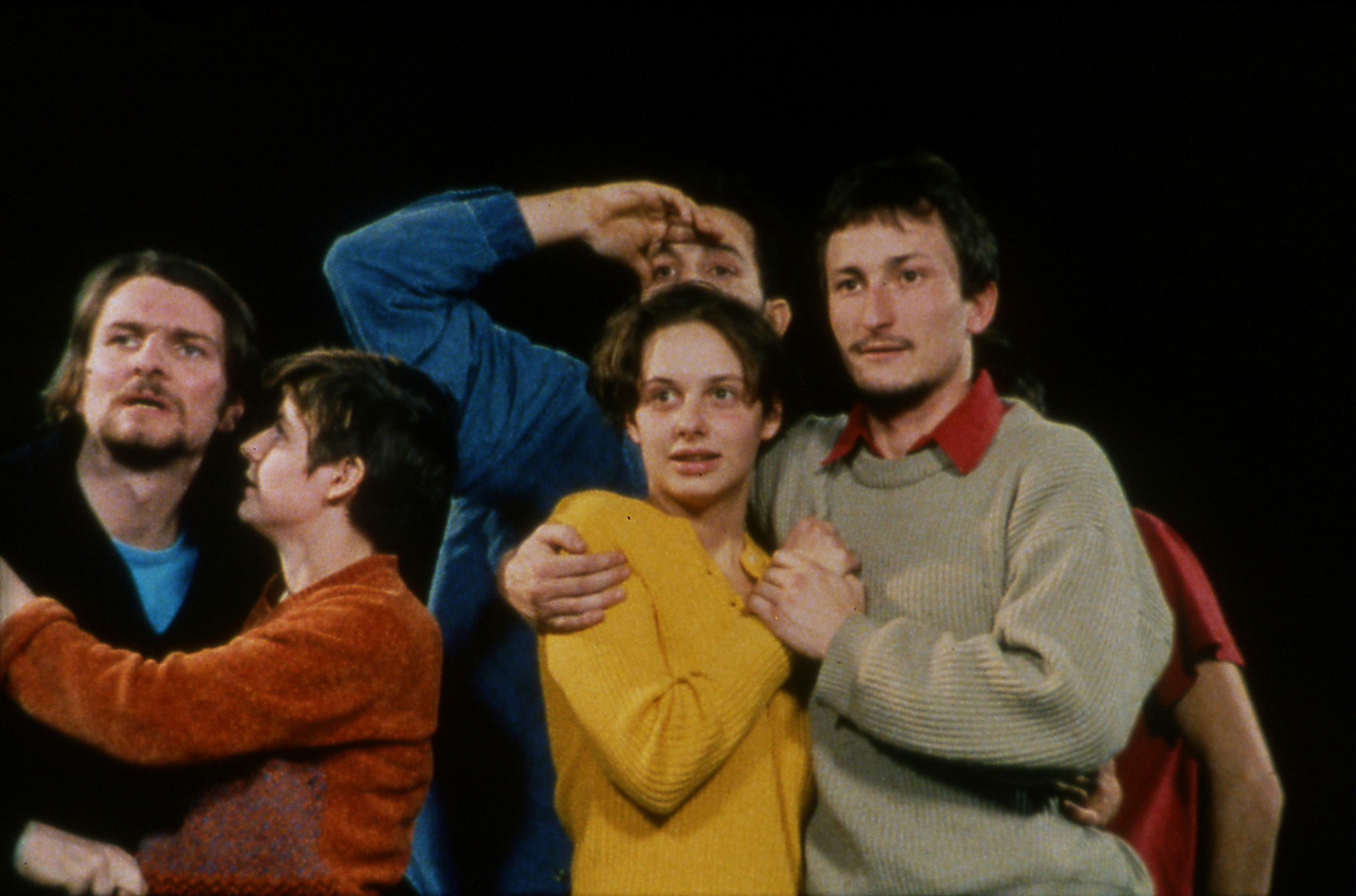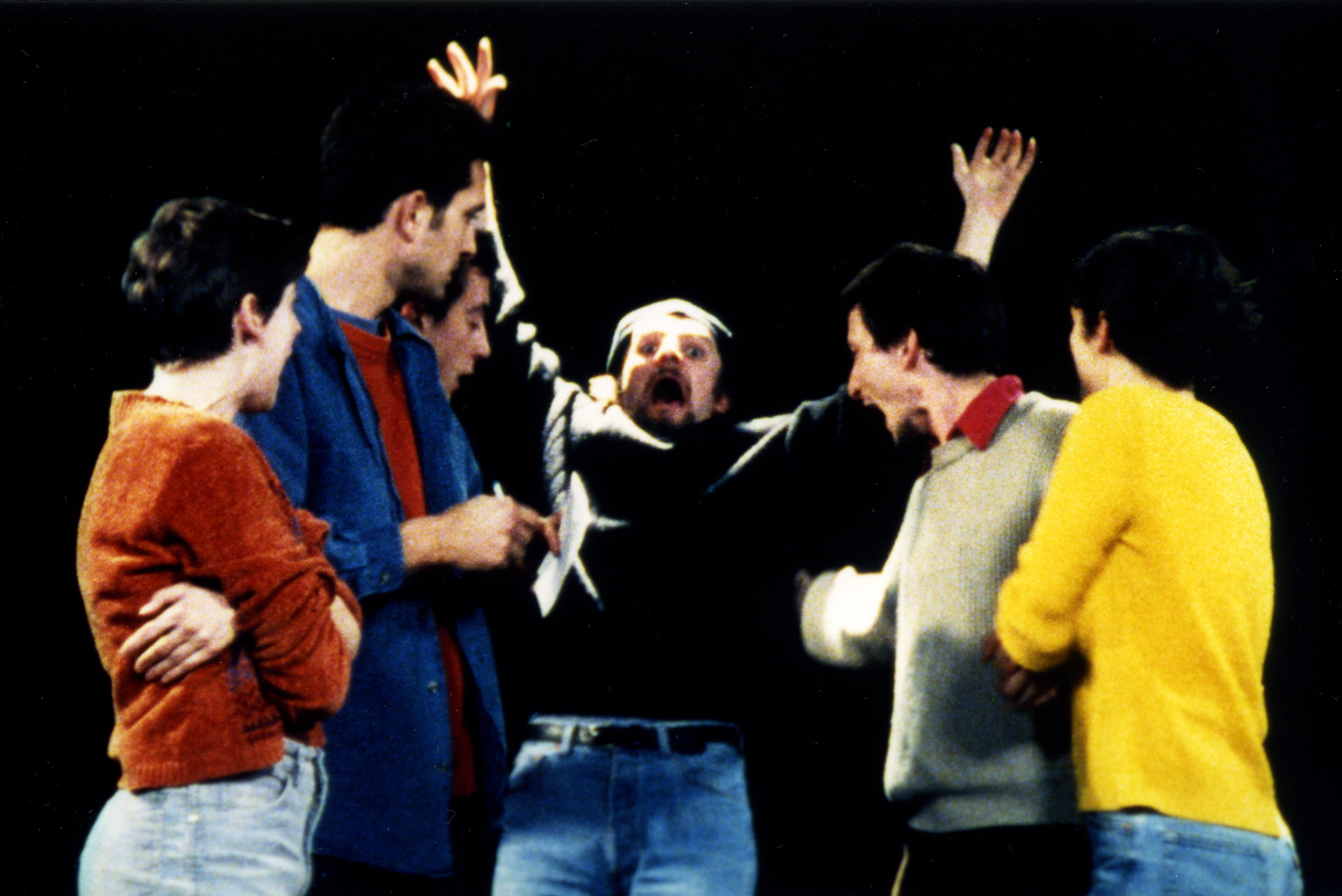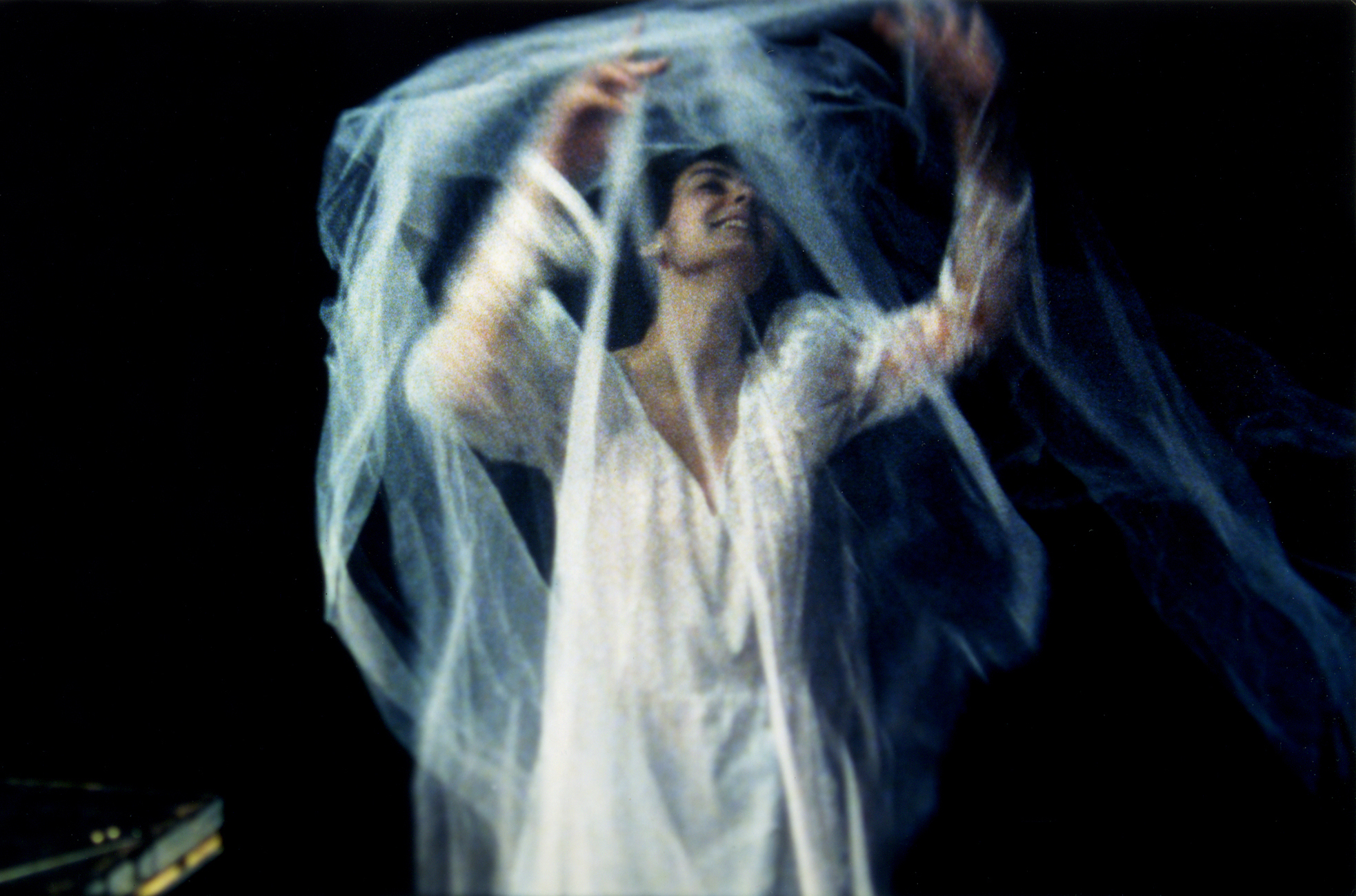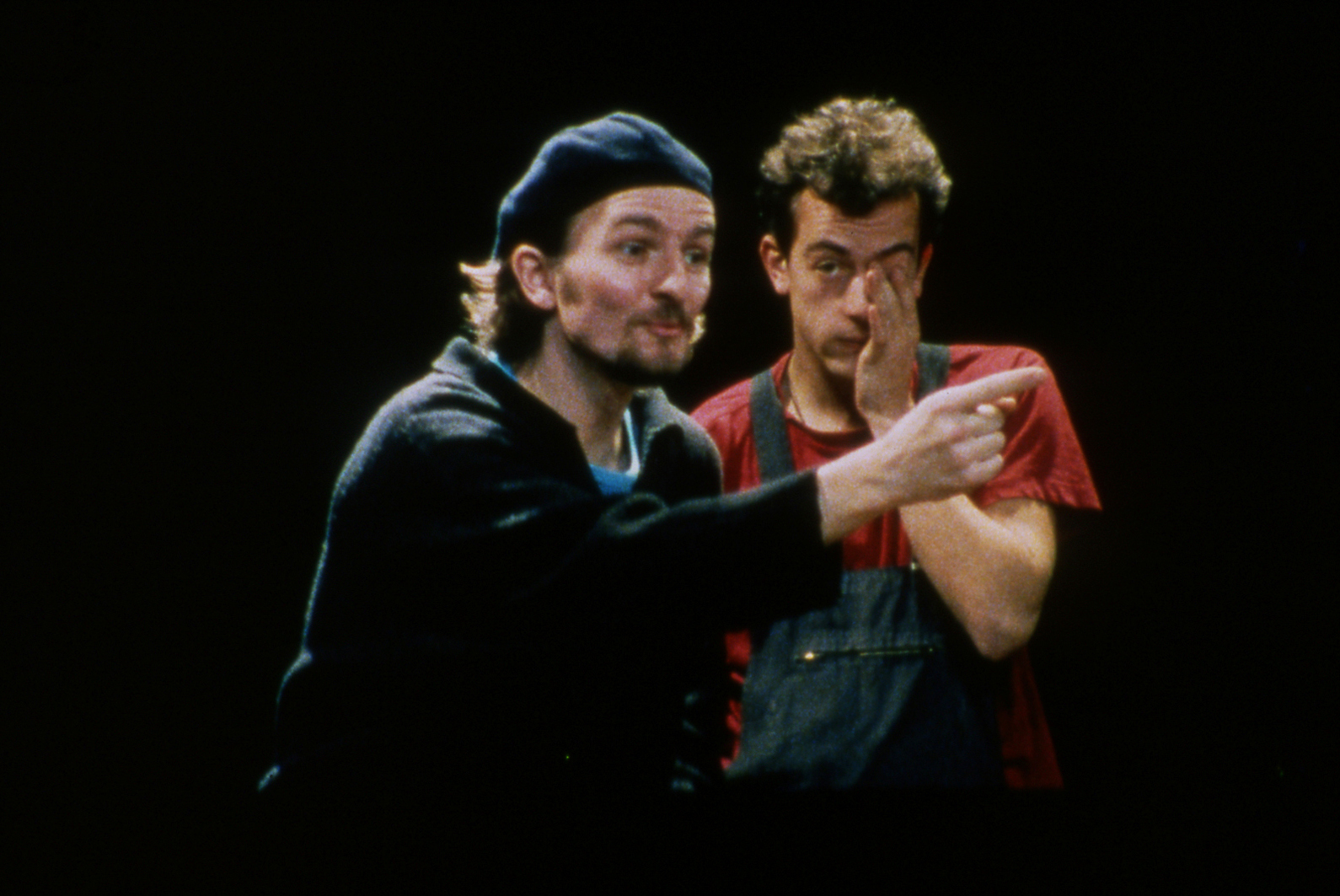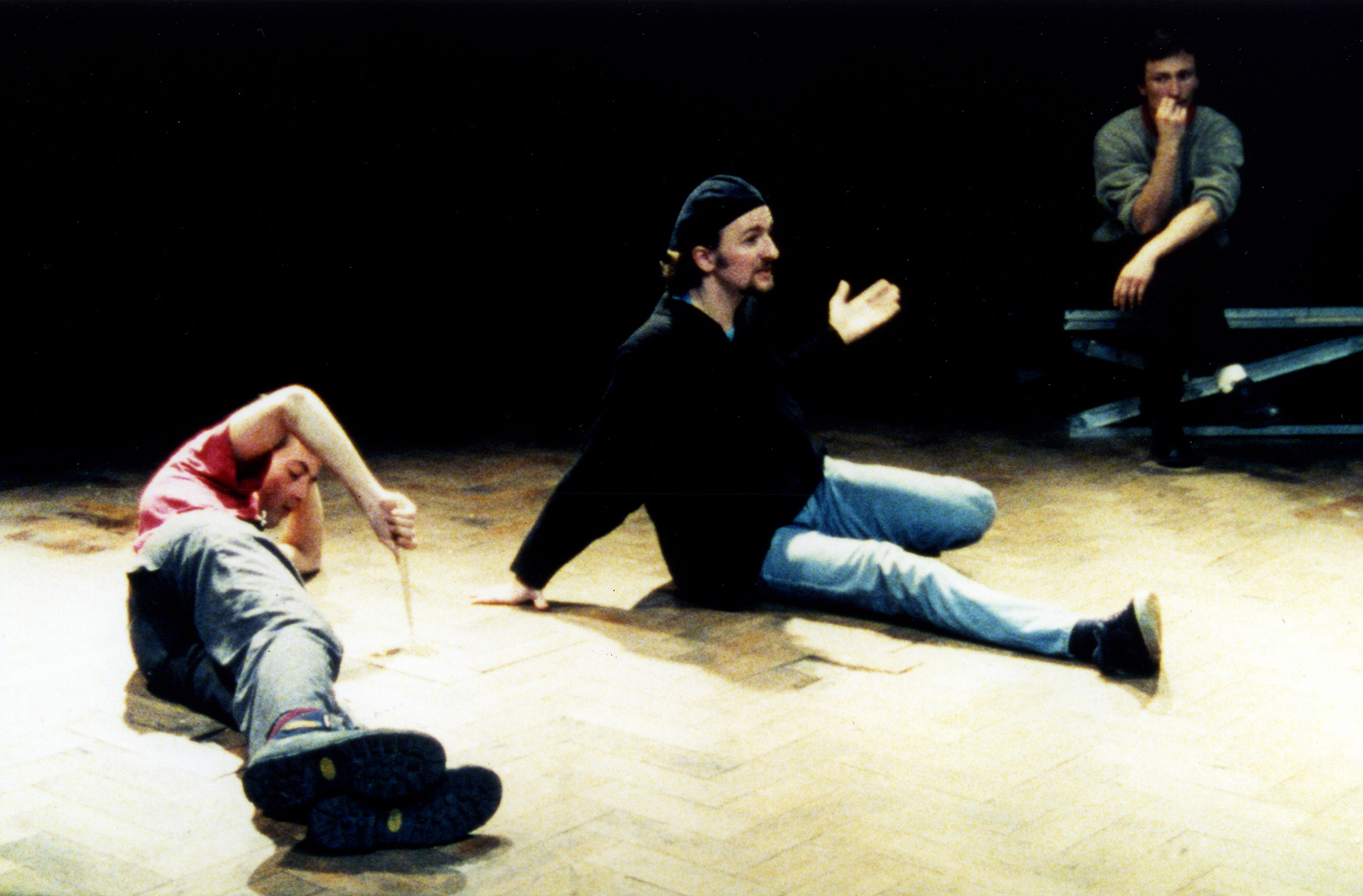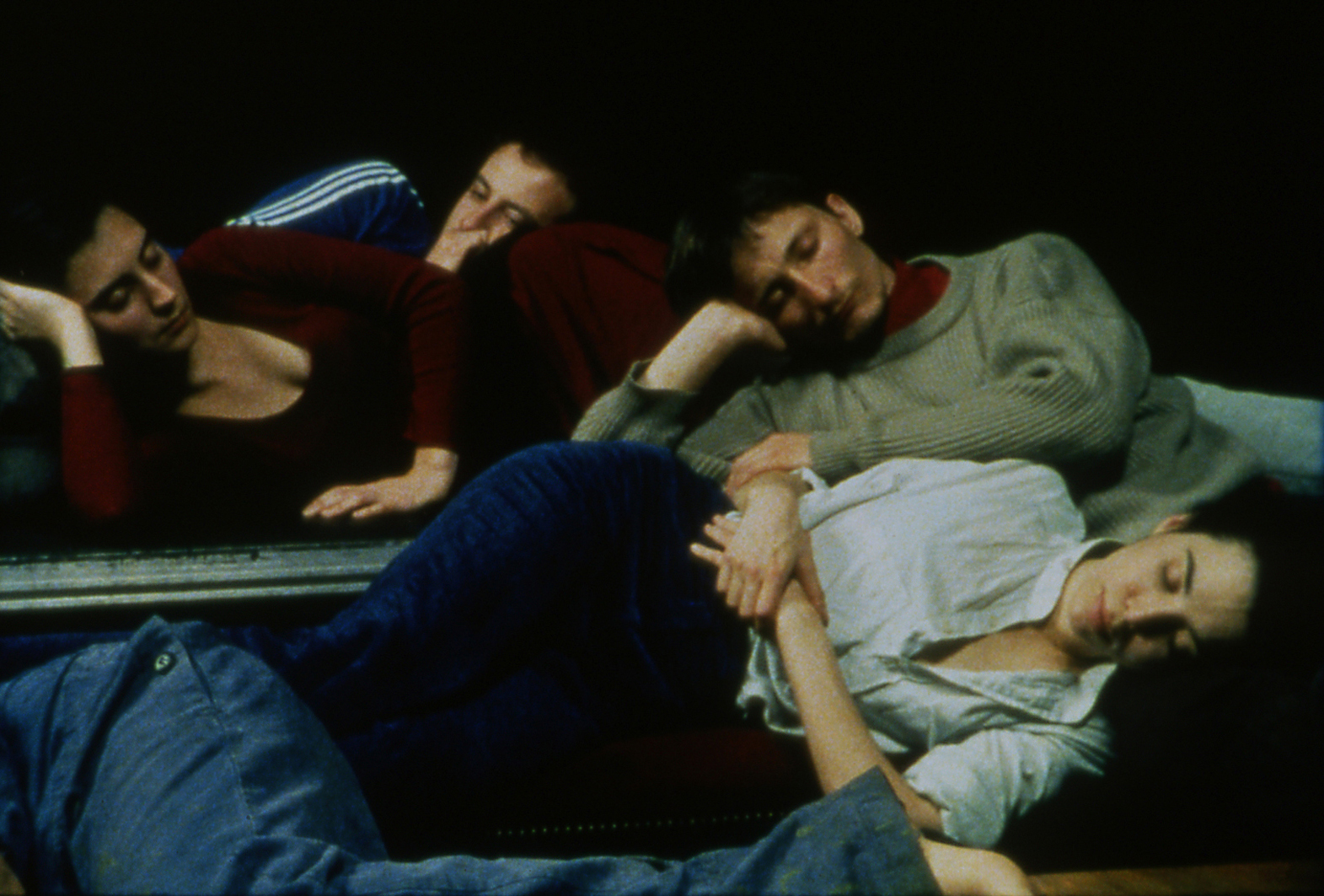This evening, they have decided to meet up at their school to devise together the project for a stage show whose theme – or pretext – is the city of Strasbourg itself.
But they soon come up against a number of problems. What story should they tell? How should they build it up? How is it possible to stage a show without the back-up of a text and characters that already exist? How can they pool the different elements that each one of them has gathered on the city? How can they transfigure reality to bring fiction to life? And how can they work together – all fifteen of them! – when they have decided to do without the exterior gaze of a director?
All these questions incite each one of them to talk about his or her relationship with the city, politics, utopia, the theatre…
And all these questions reflect – as in a mirror – the director’s own approach in a film that candidly sets off in search of its own subject…
At dawn, nothing has changed or almost.
Who knows?
With the students of the 30th class of the Théâtre National de Strasbourg
Photography Katell Djian • Camera Nicolas Philibert • Sound Julien Cloquet, with Olivier Grandjean • Gaffer Olivier Régent • Editing Nicolas Philibert and Guy Lecorne • Original score Philippe Hersant • Director’s assistant Dominique Perrier • Production management Gisèle Courcoux, with Cécile Bergès • Line producer Gilles Sandoz • Coproduced by Agat Films & Cie, La Sept ARTE (Pierre Chevalier), Théâtre National de Strasbourg (direction Jean-Louis Martinelli) • With the participation of Centre National de la Cinématographie, the Urban Communitiy of Strasbourg and the Regional Council of Alsace.
First TV broadcast: ARTE, may 1999 • French theatrical release : september 1999
When I was asked to make a film with the students of the 30th class of the Strasbourg National Stage School, after Pascale Ferran and Cédric Kahn (1), I didn’t hesitate for long: this was an opportunity to tackle something new, if only because I would be working with actors for the very first time. The opportunity was even more exciting because I was free to work as I chose… as long as I treated all the students in the class equally.
Since this notion for “equality” turned out to be fairly difficult to deal with – there were fifteen of them after all! – I quickly decided to make their group the subject of the film; besides, at my very first meeting with them, I had been struck by the collective spirit that inhabited them. Recruited two years earlier following a highly selective entrance exam, they hadn’t chosen each other but, as one of them said, they had gradually learned to “breathe, work and grow together”. This led to a feeling of identity that of course did not exclude tension and sudden outbursts but which revealed itself in all situations through an extreme attention towards each other. You could view this as a convenient way of protecting themselves from the outside world but that didn’t matter! The energy that they put into preserving the unity of their group had something touching about it. As a result, I asked them all to be present together, every day, on the set.
Instead of putting together a detailed screenplay with written dialogue and characters that the students would simply need to perform, I wanted to give this shooting a highly improvised character, based on a theme that could be summed up in a few lines: the film would tell the story of a long night during which they would try to lay down the foundations of a (future) show on Strasbourg. Of course, “Strasbourg” was a pretext much more than an end in itself, the “source” from which they could freely draw the material (documentary or fictional) that would allow them to express their view of the world.
And so I was soon going to be filming fifteen apprentice actors and stage designers struggling with all kinds of questions; questions that they would ask themselves with a blend of seriousness and candour, lightness and intensity: how can fiction be brought to life from the realities around us? Can fiction take possession of history, in particular the darkest pages of the past (reference would be made to the Struthof concentration camp in the Vosges)? And also: what is a “character”? How can one work without the back-up of a pre-existing text and without a director or an exterior eye? How can one pool fifteen extremely diverse suggestions? Can a show change the audience’s way of seeing things?
But, even though the city of Strasbourg was just a pretext, they had to “get down” to it! And so, as shooting approached, I asked each of them to think (individually, without consulting the others) about what this show could be, to imagine its artistic choices, the possible characters and sets, but also to research the city, its history and geography, cultural traditions, community life, industries, the European institutions that it houses… or even its soccer club, street sweepers, hop breweries, cross-border workers, unemployed, and whatever else crossed their minds… and, in doing so, to collect testimony, accounts, writings, legends, photos, drawings, statistics and any other element that could go into the project.
And so, during the first days of shooting, each one would make his or her personal suggestions to the others; and then they would try to fit them all together…
1) Pascale Ferran: L’Age des possibles (1995), with the students of the 28th class; Cédric Kahn: Culpabilité zéro (1996) with the students of the “29 th group”.
